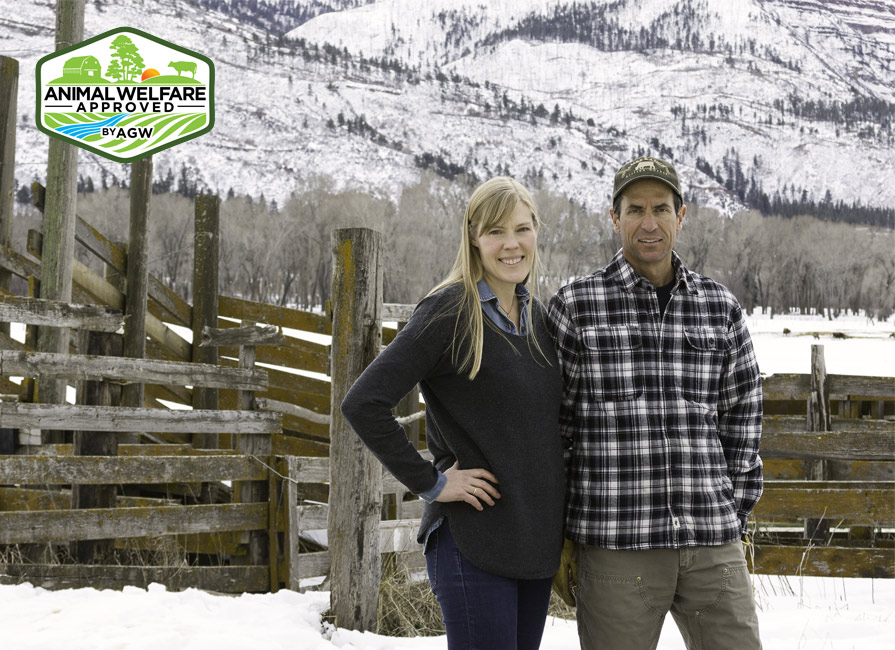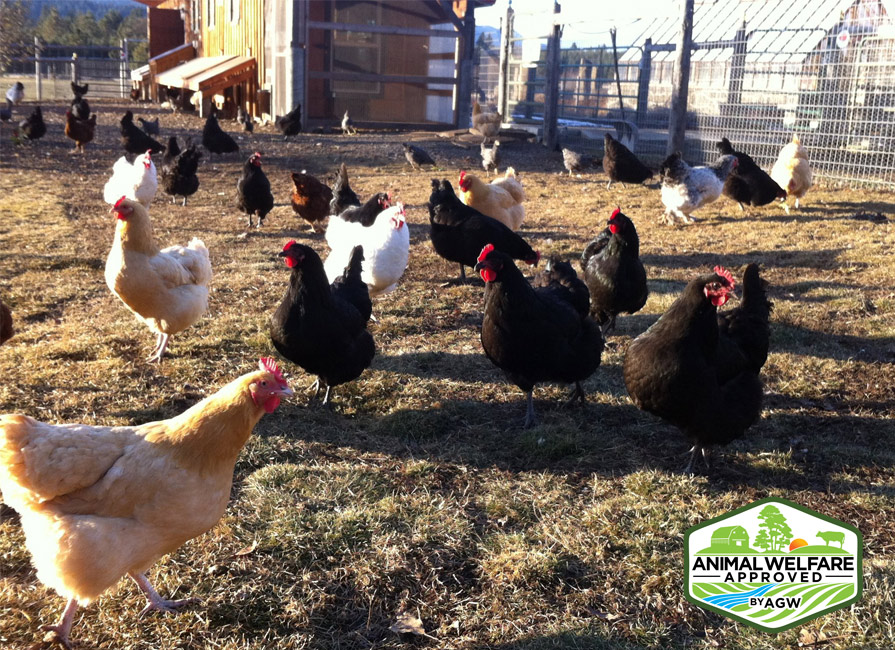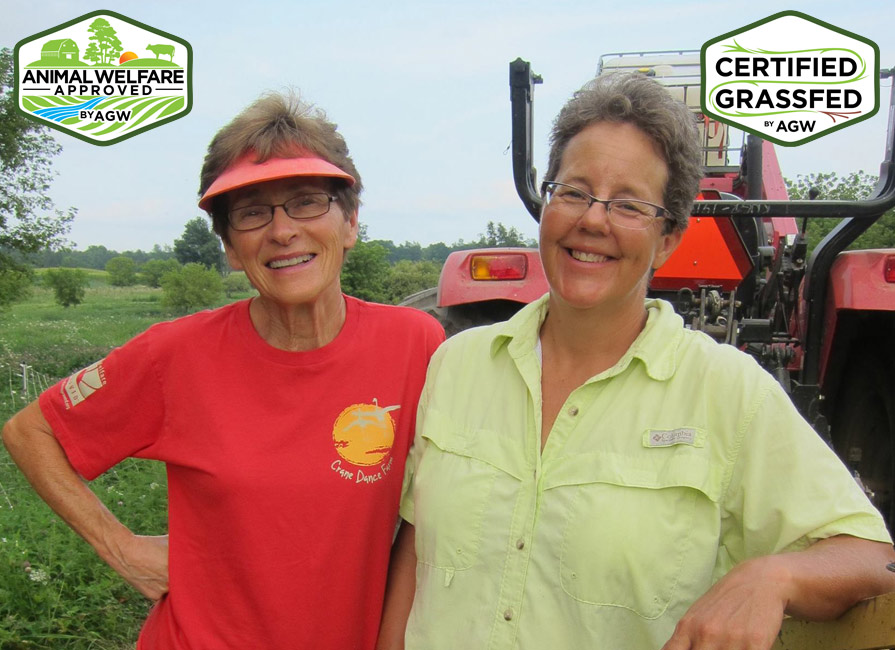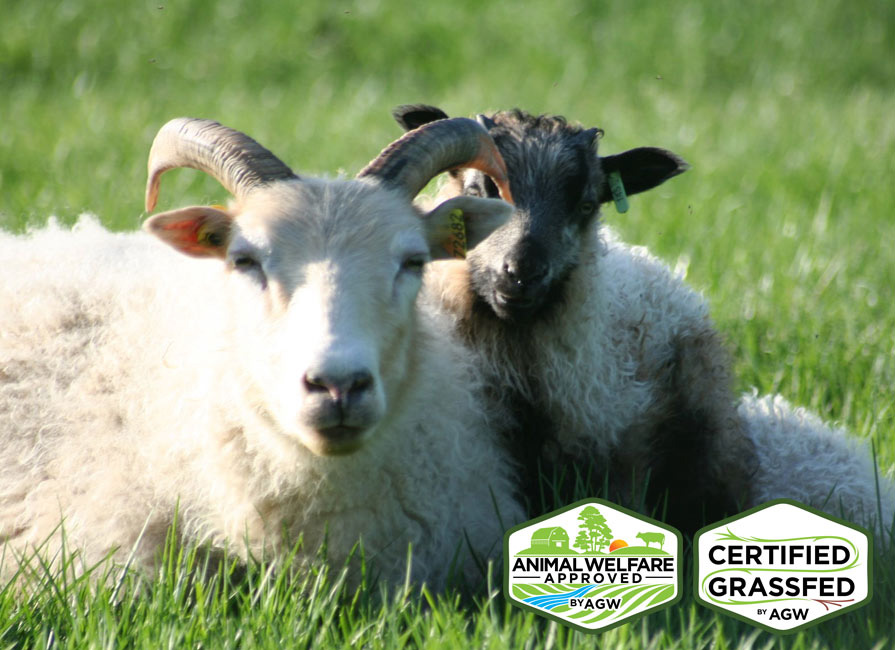With All Eyes on the Sherrod Story, Black Farmers Still Wait (and Wait) For Justice
The manipulation of the Shirley Sherrod video for partisan gain was not just an egregious injustice to Shirley Sherrod, it was an egregious injustice to all of America’s black farmers, to elderly black farmers in particular, to Dr. John Boyd, Jr. and the National Black Farmers Association (NBFA), and to the employees of the USDA and other governmental organizations who have worked to make amends for one of the most shameful periods in the history of American agriculture.
Injustice is injustice wherever and whenever it occurs. Righting an injustice can be a long and thorny process, as Dr. Boyd, President of the NBFA, can attest. He has fought for years to get justice for black farmers who were victims of widespread, decades-long discrimination by the USDA. Finally triumphant, in 1999 and again in 2008, he won settlements from the government that will provide legions of now mostly elderly black farmers, victims of the blatant racism formerly displayed by the USDA, with the money they are rightfully owed.
The Senate still won’t fund the 2008 settlement. The injustice continues. Animal Welfare Approved has long supported Dr. Boyd in his quest to see his fight brought to an end, especially since, as he often points out, the farmers for whom the settlement is intended are beginning to die. "I'm frustrated," Boyd said Thursday in an NPR interview. "I'm frustrated that I'm still begging for votes in the Senate for something that should have been done years ago.”




